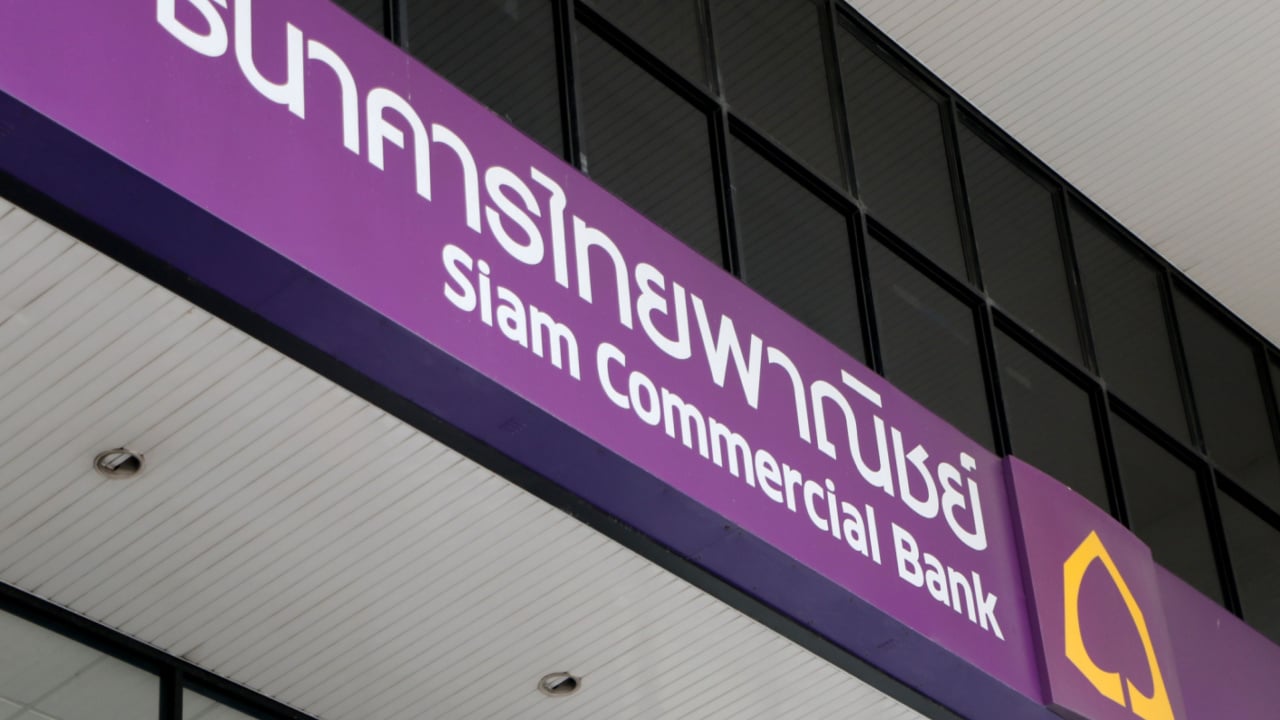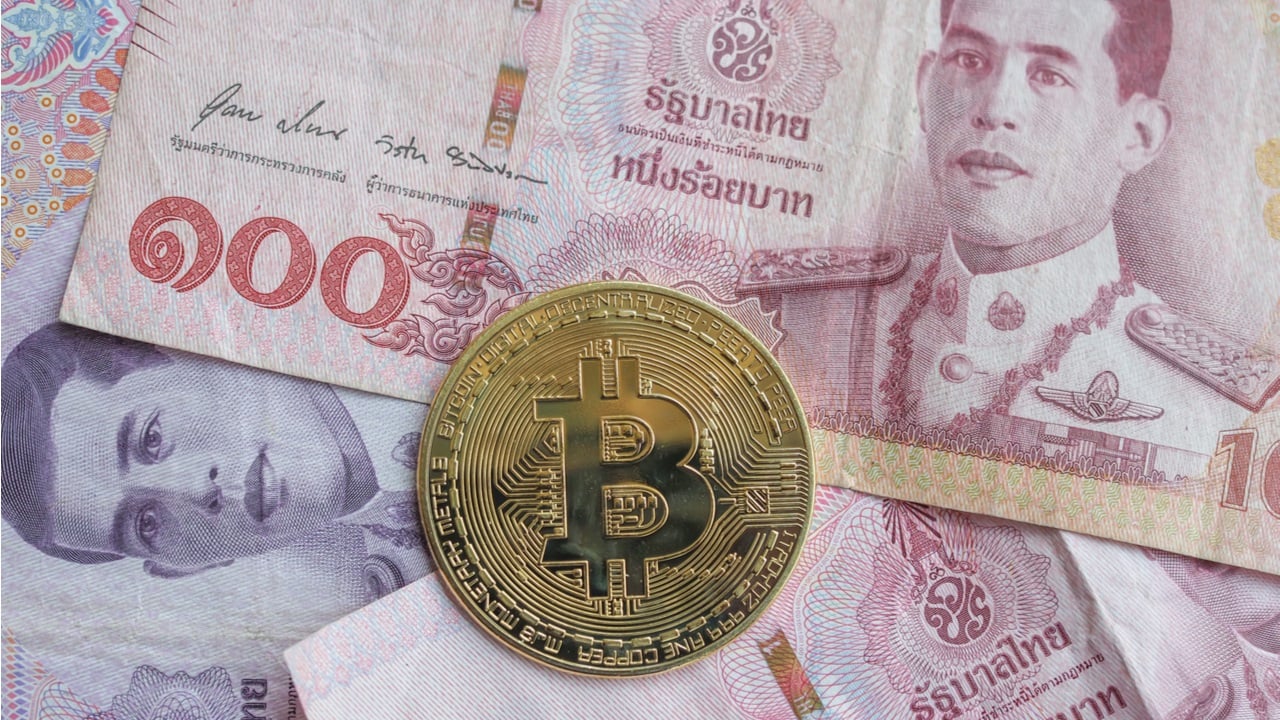
Thailand’s regulators are still approving crypto companies despite one of its largest ones suspending withdrawals.
Thailand’s financial regulator, the Securities and Exchange Commission (SEC), has approved four more crypto companies in the Kingdom.
On Aug. 4, it was reported in local media that the SEC had granted operating licenses to four more digital asset operators.
These include Krungthai XSpring, a crypto broker affiliated with one of the country’s leading banks, and crypto exchange T-BOX Thailand. Also winning regulatory approval was crypto advisor and fund manager Coindee and Leif Capital Asset Management, which also manages funds.
The four firms have yet to commence operations, however, as the regulator still needs to inspect their operations.
Thailand now has 21 fully regulated digital asset operators comprising nine exchanges, nine brokers, and three fund managers. Thailand’s military-backed government has been largely tolerant of cryptocurrencies despite the central bank’s efforts to restrict them.
The report noted that another major player is waiting to enter the burgeoning Thai crypto market. Gulf Innova and Binance Capital Management aim to launch the jointly owned “Gulf Binance” crypto exchange and brokerage.
Crypto volumes in Thailand surged almost 600% in early 2021 as the bull market was building momentum.
Related: After weeks of rumors, Thai crypto exchange Zipmex files for debt relief in Singapore
The move comes amid turmoil regarding the Singaporean exchange Zipmex, which also operates in Thailand. Late last month, Zipmex Thailand suspended withdrawals for customers in the country using its ‘Z Wallet.’ Shortly after, the SEC launched a hotline for Zipmex customers to submit details on their losses.
On Aug. 1, the SEC launched an investigation into Zipmex, claiming the company may have violated trading rules by suspending withdrawals. It stated that the firm cited inadequate reasons for such actions as “market fluctuations.”
The regulator ordered the firm to resume trading operations, and by August 3, Zipmex had resumed withdrawals for Solana (SOL) and Ripple (XRP) the following day, as reported by Cointelegraph. Withdrawals of larger assets such as Bitcoin and Ethereum remain suspended, as are withdrawals from its ZipUp+ service.
On Aug. 4, the firm tweeted that it was committed to resuming all services asap.
We are committed to resuming all services on the Zipmex platform ASAP and to rebuild confidence and alleviate customer concerns.
— ZIPMEX (@zipmex) August 4, 2022
To read more, click https://t.co/J7IVjWsq6N pic.twitter.com/tfZ4lhjXVf
Zipmex was caught up in this year’s crypto contagion due to its exposure to Celsius and Babel Finance. On Aug. 3, Zipmex Thailand CEO Akalarp Yimwilai said that its parent company in Singapore had injected $5 million to compensate for the Celsius losses.










